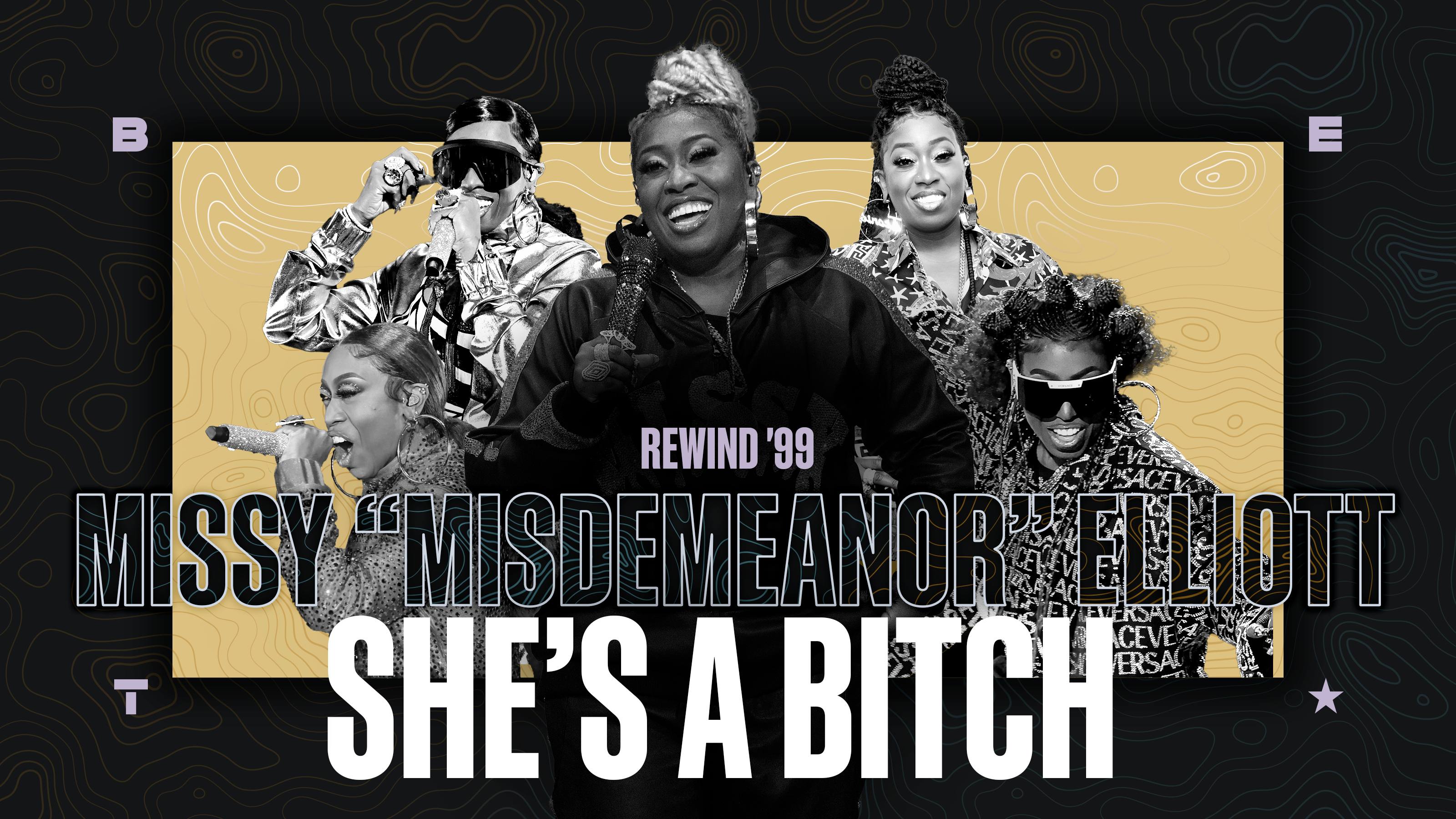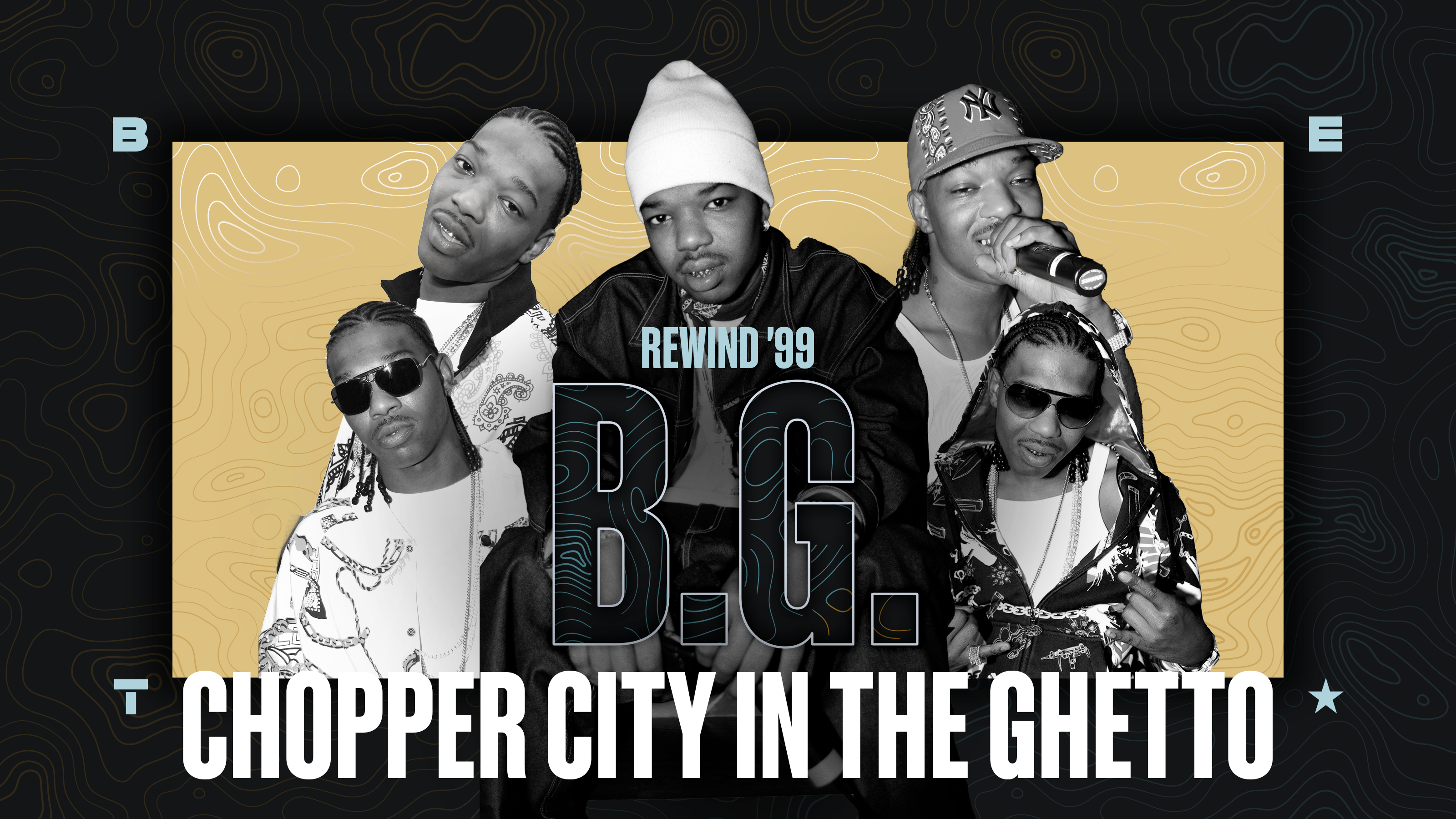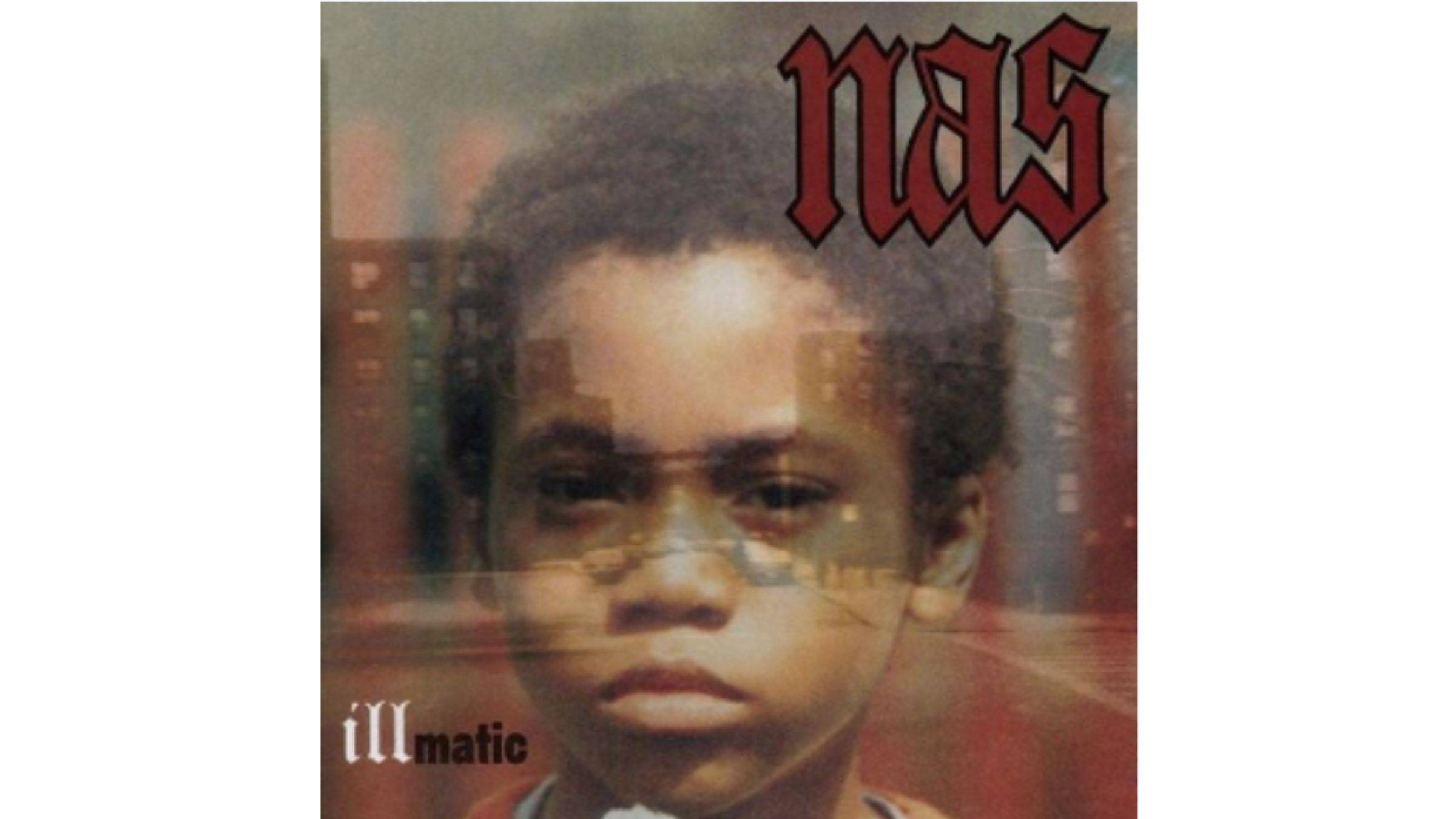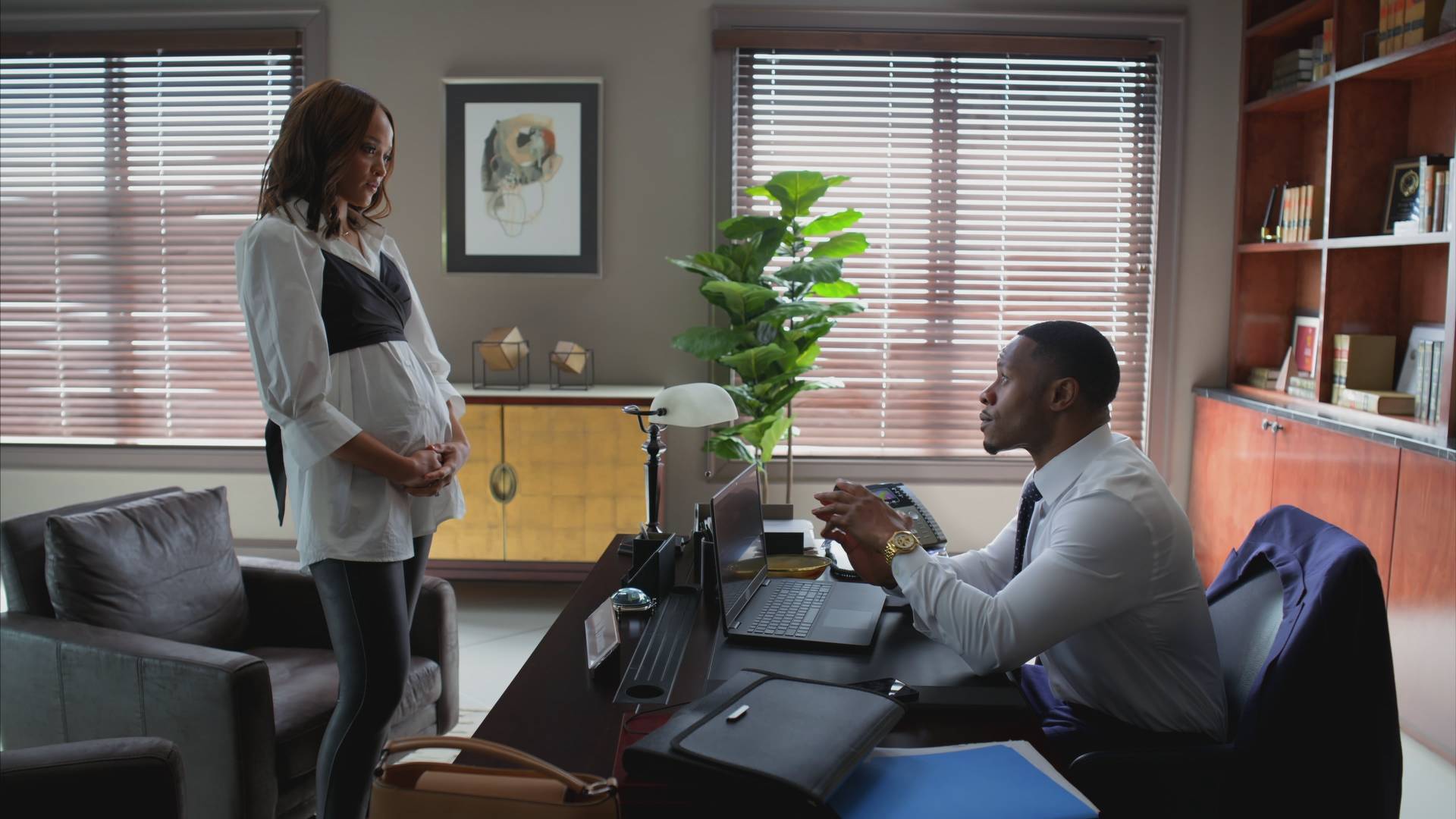Baltimore Murder Suspect Got Second Chance
The man accused of killing a Baltimore teen earlier this month was lucky to be freed from prison 10 months ago, but the folks who helped win his release say they're not to blame for his latest alleged crime.
In January, Dante Parrish, 35, got a reprieve after serving 10 years of a 30-year prison sentence for murder.
No one, including Michele Nethercott, imagined that before the end of '09 he'd be accused of killing again. Earlier this month, Parrish was charged with stabbing to death Jason Mattison, 15.
Nethercott heads the Maryland Office of the Public Defender Innocence Project, which gave evidence to a Maryland court showing that Parrish may not have killed a drug dealer in 1999. Her office and the nationally renowned New York-based Innocence Project, for which she handles Maryland cases, have been criticized by some who say Mattison would be alive if they hadn't helped a "killer" go free.
But in an exclusive BET.com interview, Nethercott urges the public to avoid jumping to such conclusions.
I think it's a little bit ridiculous to say that we are responsible for the child's death," she says. "I would just caution everybody that, before they make a judgment, the facts are not all in.
What is known, police say, is that Jason's body was found stuffed in a closet at his aunt's home Nov. 10. He'd been sodomized, gagged with a pillow case and stabbed repeatedly.
It's not known, family members say, when or where the boy was attacked before he was left in the house. Parrish reportedly admitted to the crime, but Nethercott notes that Parrish also confessed to the 1999 killing after he was repeatedly pressured to accept a plea deal. Later, Parrish recanted his plea before Nethercott and her staff found that – contrary to earlier reports – no gun was taken from Parrish, and there were no eyewitnesses. Furthermore, Parrish's defense lawyer admitted that he'd never even read the case file, court records show.
The Innocence Project's job, Nethercott says, is presenting evidence that supports a defendant's claims. When a judge ordered a new trial for Parrish, he was given the option to accept time served as a sentence, essentially because the case against him had been disproved. Nothing stopped the prosecutor from trying Parrish a second time, Nethercott adds. Still, she says, some of the calls to her office, plus "nasty" comments posted to Web stories about Mattison's death, place blame with the Innocence Project.
But even if he's guilty of killing the openly gay teenager, Nethercott adds that nothing in Parrish's background revealed him as sexually violent.
There are people whose job is to predict what crimes people may commit, who don't do the job very well," she adds. "There was no way for us, in bringing evidence that he may not have committed the 1999 murder, to bring evidence that he'd never commit a crime again.
But would she regret taking the first case if Parrish is found guilty of killing Mattison?
I don't think I would feel regret – obviously, I feel horrible about the crime; it's a horrible, horrible thing," Nethercott says. "But, in retrospect, I don't think I would've done anything differently the first time.
With the use of DNA testing, the Innocence Project has helped exonerate 242 previously convicted people since its founding 17 years ago.





